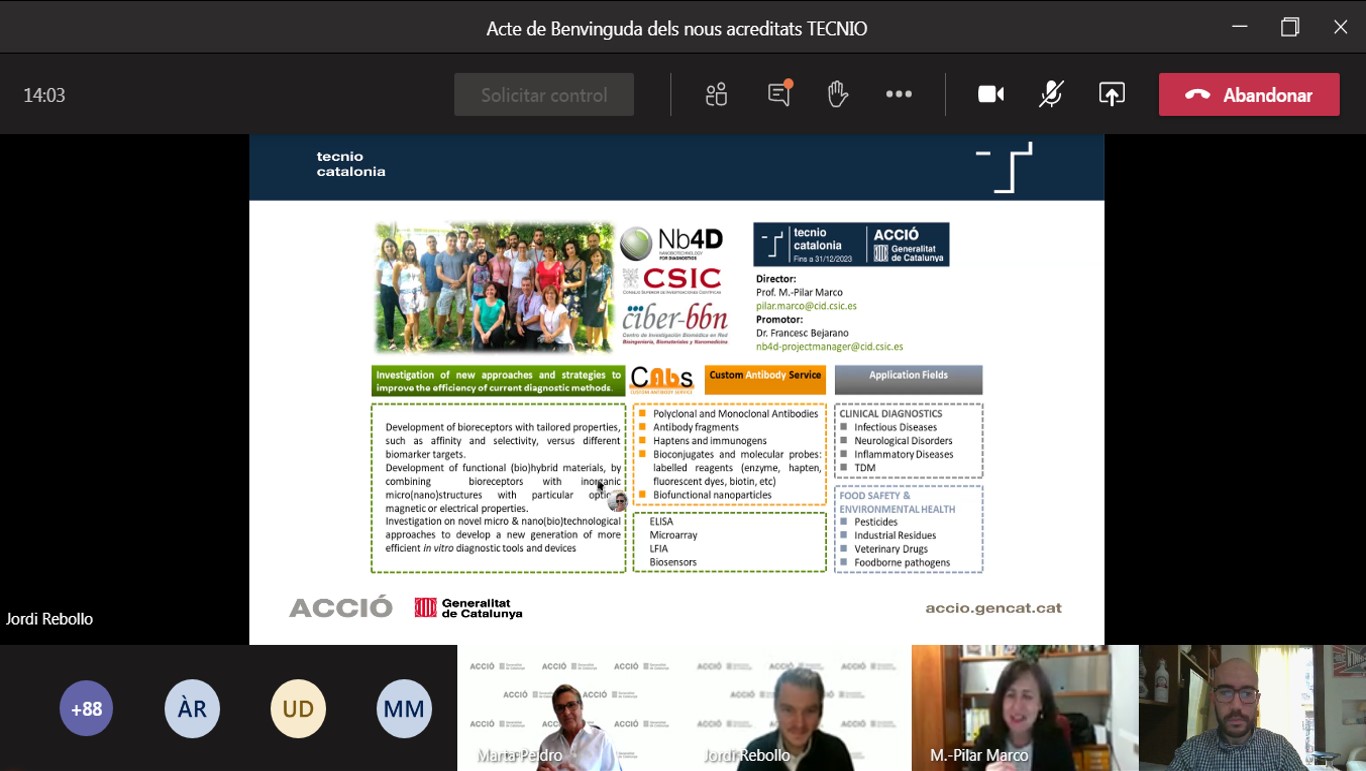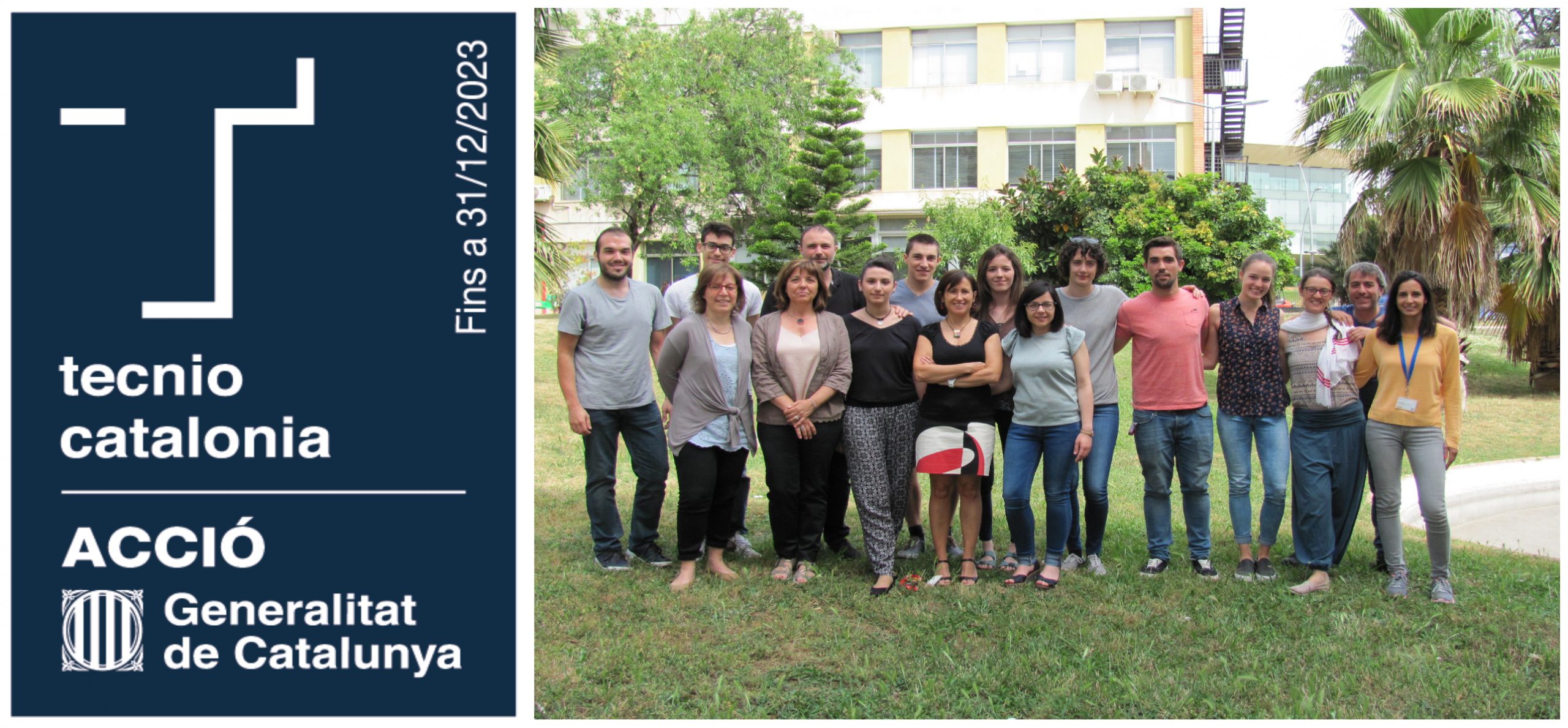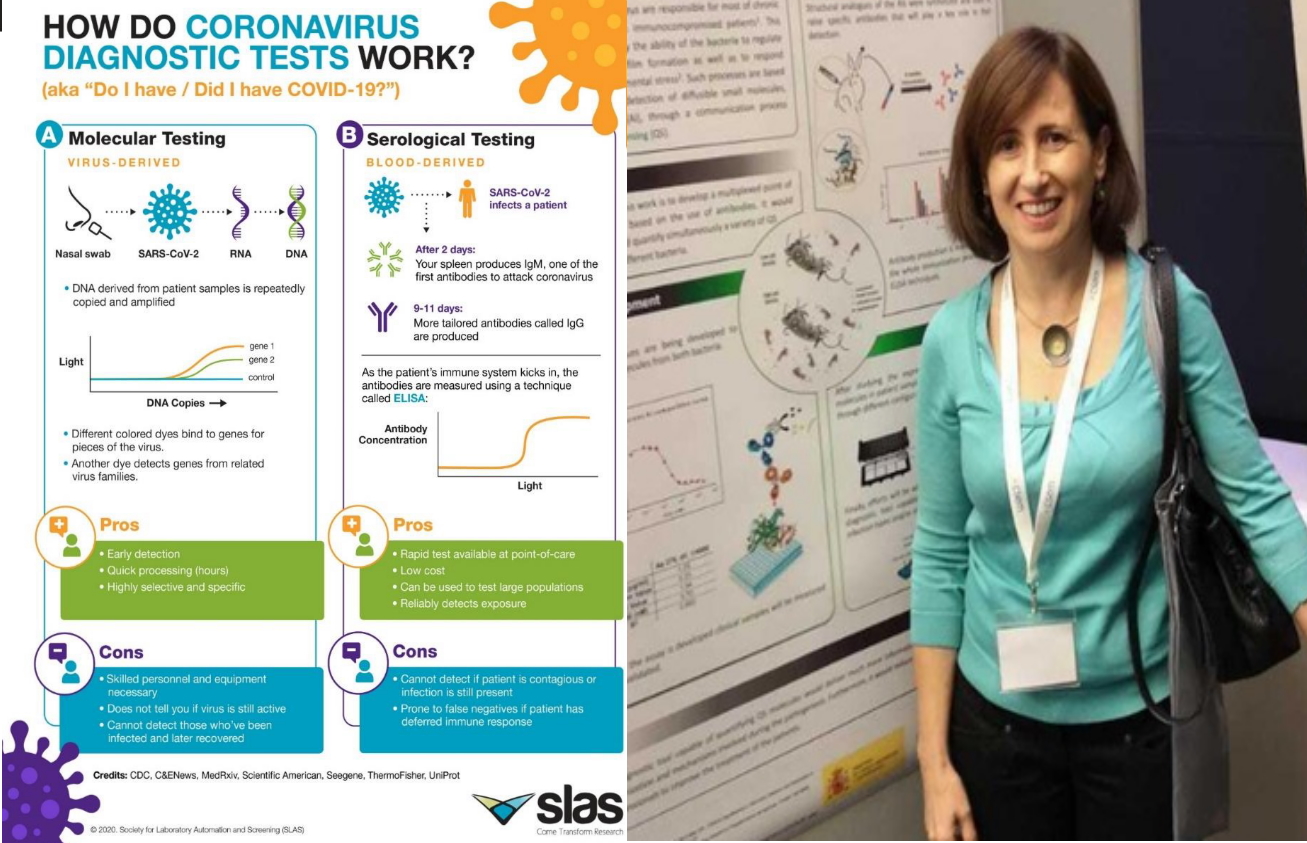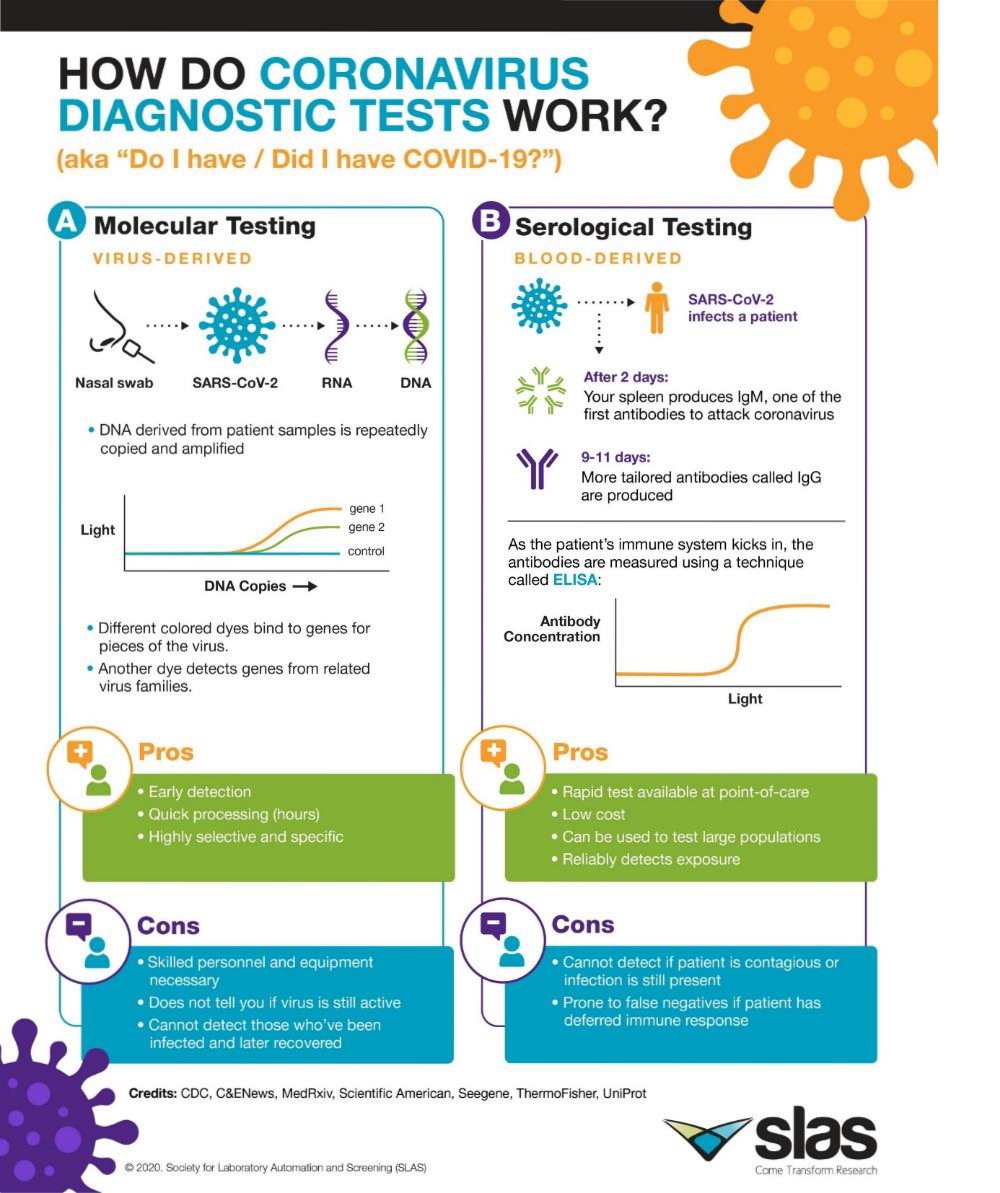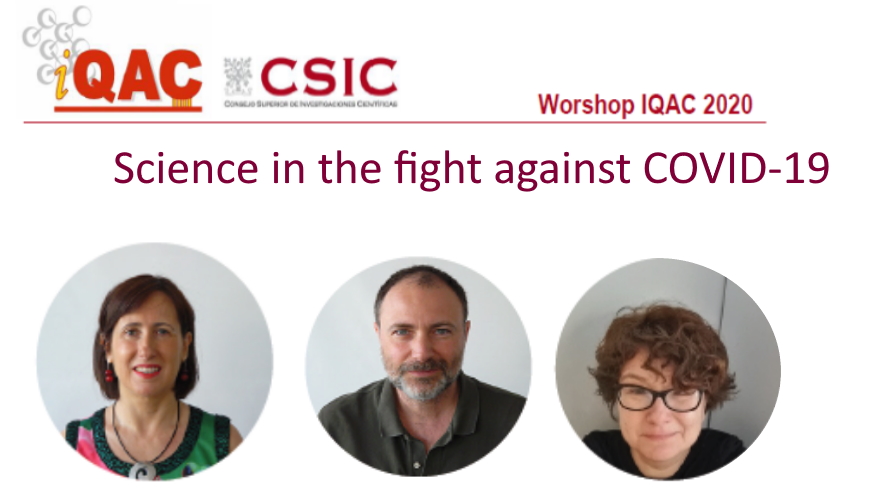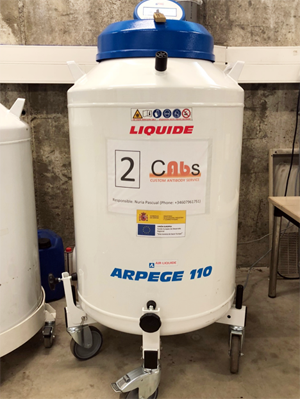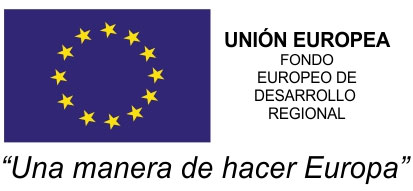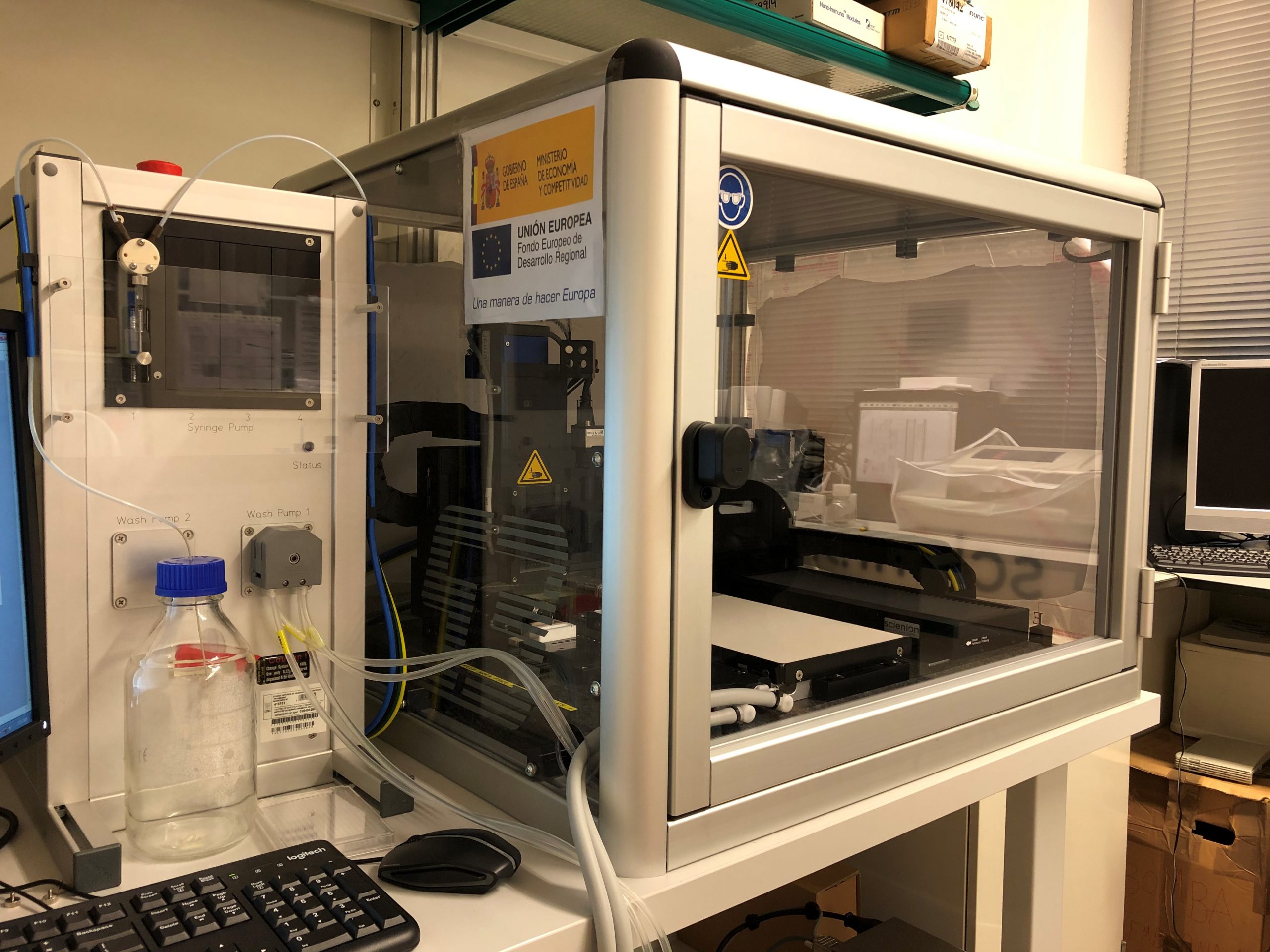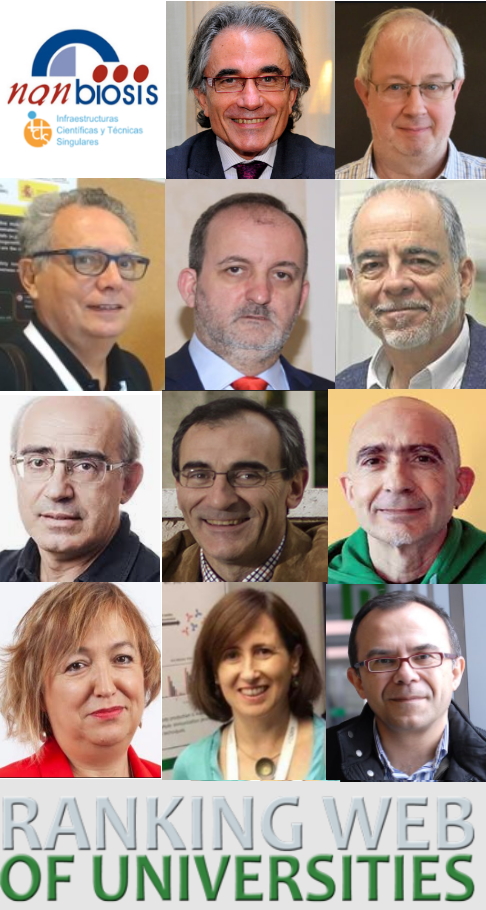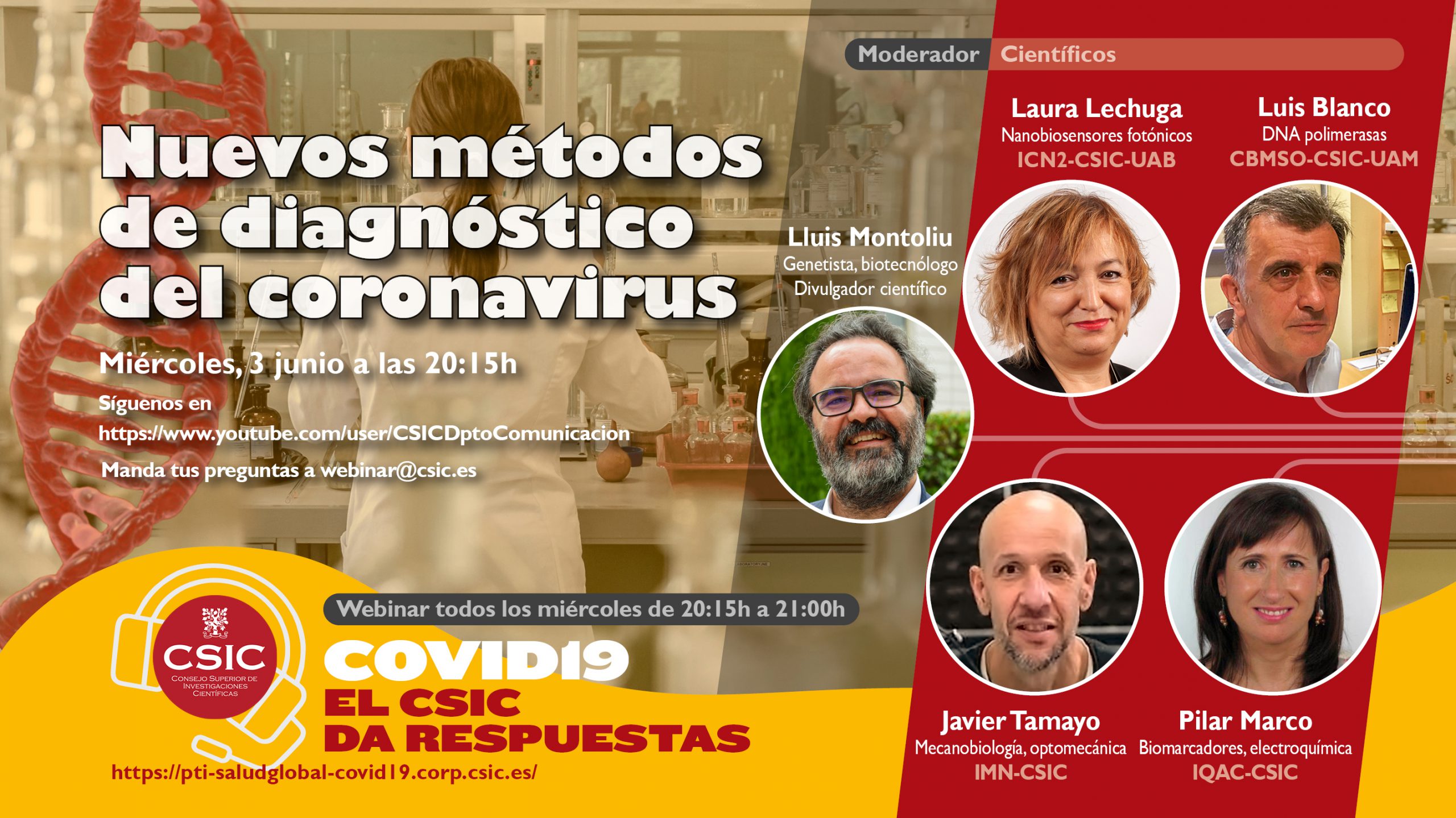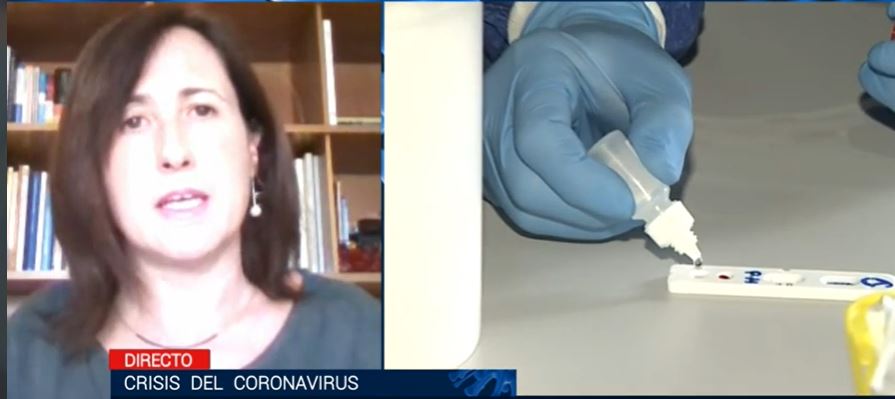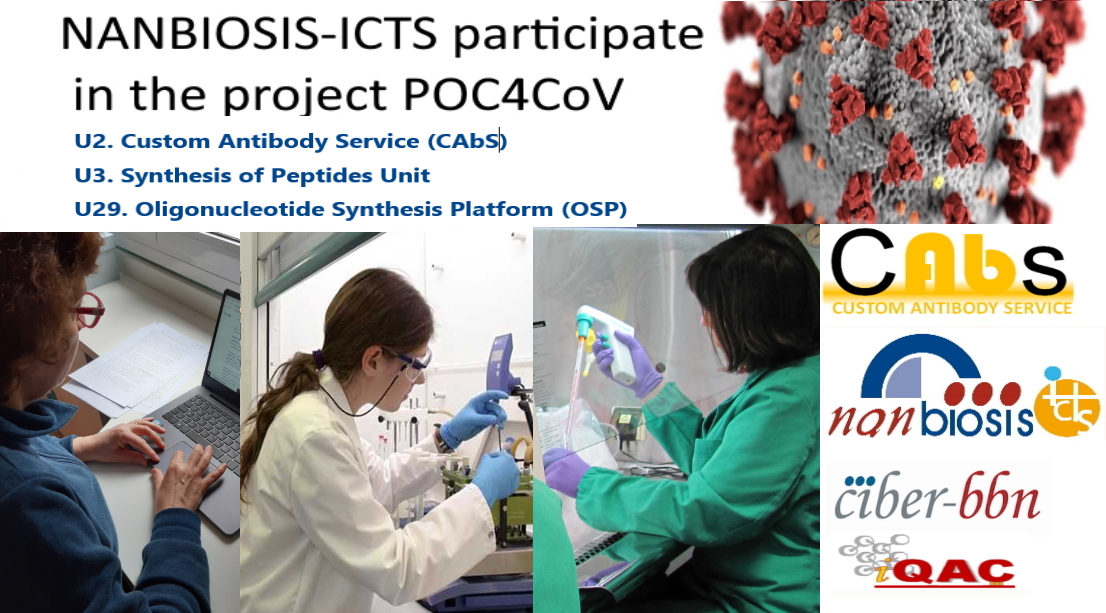Nb4D group- NANBIOSIS U2 receives the acreditation TECNICO, in the on line event organizes by ACCIO
Las November 27 was held the ACCIO ceremony (on line this year due to the Covid Pandemic restrictions) of disclosure of new TECNIO accreditations.
Aurea Rodriguez, Director of Business Innovation at ACCIO has welcomed the attendees to the event. Later, the TECNIO program Coordinator, Marta Peidro, presented the background and rationale for this accreditation for excellence groups in technology transfer in Catalonia. This year there have been five new groups from among all Catalan universities and research organizations, which have obtained the TECNIO accreditation for the first time, making a total of fifty-four groups accredited in 2020.
The event continued with the presentation of the five new accredited groups, starting with the IQAC-CSIC – CIBER-BBN Nb4D group, coordinator of NANBIOSIS unit 2 Custom Antibody Service (CAbS) that investigates improvements to current clinical diagnostic methods.
After the presentations of the five new groups, the tools and benefits that ACCIO offers to TECNIO groups were explained and the event ended with a round of questions from the attendees, such as what will be the future financing strategy of ACCIO for TECNIO groups or how has it been the response to the recent call for INNOTEC grants
As expressed by Prof M. Pilar Marco: “This seal recognizes us as a tech-transfer agent with distinguishing technological capabilities and increases our visibility in front of the business world.”
ACCIÓ is the agency set up by the Catalan Government to make Catalan enterprise more competitive throughout the world. Its key aims are to drive innovation, internationalisation and attract inward investment. ACCIÓ is enterprise-centred, working on the needs of each individual business and to work hand in hand to look for opportunities and achieve that all important competitive edge. At ACCIÓ we believe this edge can come about with work on three vital areas of competitive dynamics: innovation, internationalisatio, attraction of investment. ACCIÓ is a proactive agency, with a simple, clear and efficient modus operandi, above all dedicated to working in close quarters with enterprise. ACCIÓ is based in Barcelona with an international network of a further 35 Business Promotion Centres covering some 80 markets worldwide. It provides advice and practical help for businesses with a vocation to expand worldwide. It focuses on attracting inward investment into Catalonia and also works on synergies between R+D+i areas and business.
